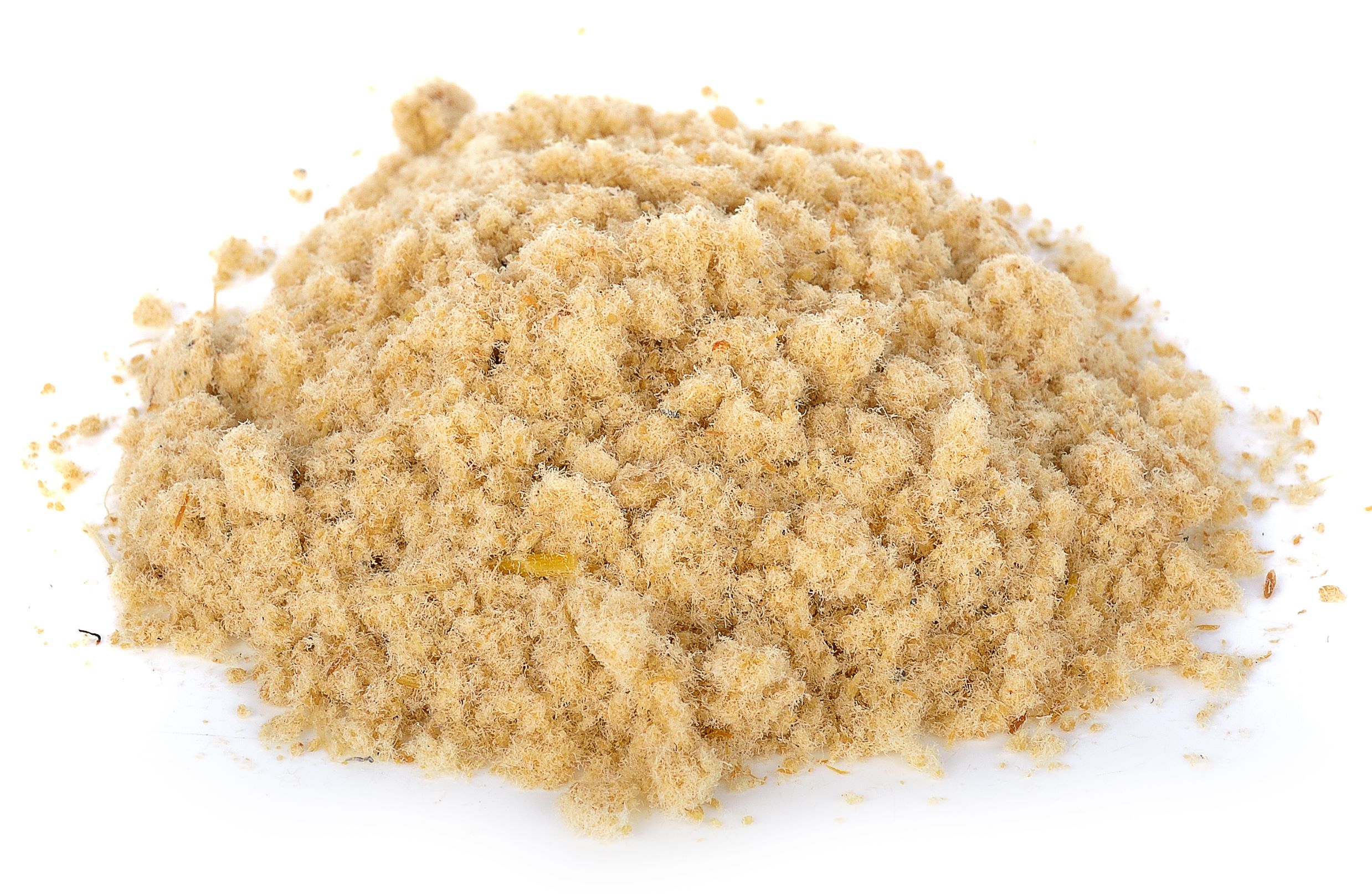General course for employees in the fishmeal industry
Almennt námskeið fyrir starfsfólk í fiskmjölsiðnaði Almennt námskeið fyrir starfsfólk í fiskmjölsiðnaði. Nánari upplýsingar má fá með því að senda
General course for employees in the fishmeal industry Nánar »

